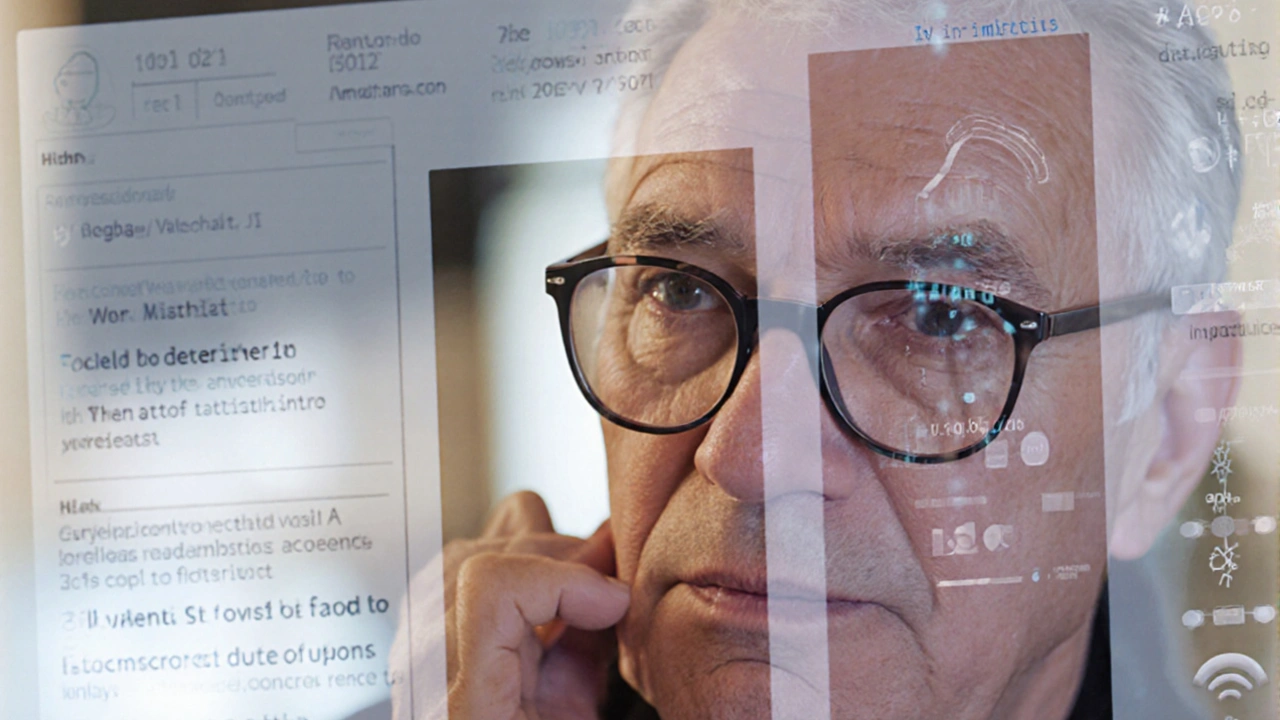Theological Accuracy: Why Getting It Right Matters
Ever wonder why some sermons feel off, or why a Bible verse seems to clash with another? That’s a sign the interpretation might be missing the mark. Theological accuracy isn’t just academic jargon – it’s the foundation that keeps faith communities honest, united, and able to grow.
Common Mistakes in Interpretation
One big slip is reading a single verse in isolation. When you pull a line out of its story, you risk twisting its meaning. Another trap is letting personal bias dictate the take‑away. We all bring experiences to the table, but letting those dominate the text can create a distorted view of doctrine.
Translation issues also play a role. The original Hebrew, Greek, or Aramaic often carries nuances that modern versions smooth over. Skipping the footnotes or ignoring the cultural backdrop can lead to conclusions that simply don’t fit the original intent.
Ways to Keep Your Theology on Track
First, compare multiple translations. Seeing how different scholars render the same passage highlights hidden layers. Second, use reputable commentaries that explain historical context and original language. A short study of the surrounding verses usually clears up confusion.
Third, talk it out with trusted leaders or study groups. A fresh perspective can shine a light on blind spots you didn’t notice. Finally, stay humble. Admit when you’re unsure and keep digging for answers – that’s the real mark of reliable theology.When you prioritize accuracy, you protect the message from becoming a vehicle for personal agendas. People feel more confident in their faith, and the community can focus on living out core values instead of arguing over misunderstood texts.
Bottom line: theological accuracy isn't about being perfect; it’s about being faithful to the source, respectful of tradition, and open to learning. Keep these habits in mind, and you’ll navigate Scripture with confidence and clarity.

AI and Ministry: 5 Alarming Risks for Church Leaders
Pastors face a growing threat from artificial intelligence that can erode personal connection, distort doctrine, and even fake preacher voices. This piece outlines five specific dangers, from loss of authenticity to theological errors, and offers practical ways to keep AI as a helpful aid—not a replacement—for genuine ministry.
